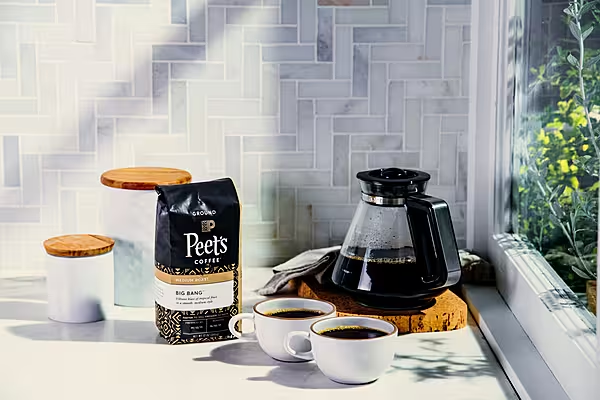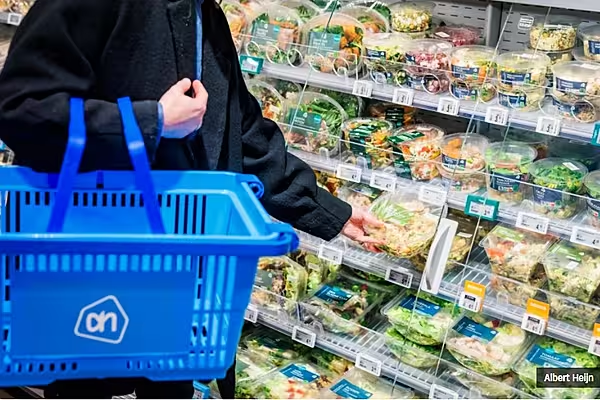Australian retailers enjoyed their best sales in February since late-2017 in a boon to economic growth in the first quarter, signalling surprising resilience in household consumption and sending the local dollar higher.
Retail sales climbed 0.8% in February, figures from the Australian Bureau of Statistics (ABS) showed on Wednesday, picking up from an unexpectedly weak 0.1% growth in January and well past expectations for a small 0.2% rise.
February's outcome was the best since November 2017 with sales fairly broad-based across food, department stores and household goods.
"A very solid outcome that gives the Reserve Bank some reassurance that household spending could bounce back in Q1 2019," said Kaixin Owyong, Sydney-based economist at National Australia Bank.
"There may be some price impacts at play – food sales were unusually strong – but these data give the RBA room to remain on hold."
Household Debt
Consumer spending has been a major concern for the Reserve Bank of Australia (RBA) over the past year as households battle high levels of debt, slow pace of wage growth and a downturn in the country's once-booming property market.
The data provided a much needed confidence boost about the health of Australia's household sector, sending the Aussie dollar more than a third of a U.S. cent higher to$0.7100. The Aussie was last up 0.3% at $0.7093.
The currency was earlier nursing losses from the previous day after RBA held interest rates steady at a record low 1.50% but managed to sound dovish to some.
February's strong number reduces the risk of another weak quarter of economic expansion after gross domestic product data for the quarter ended December came in surprisingly softer at 0.2%.
Household spending accounts for around 57% of Australia's annual GDP.
Tax Cuts
To help Australians tide over snail-paced wages growth and high debt, the country's conservative government on Tuesday announced sweeping tax cuts and offered cash handouts to some.
That might also provide some timely support for Australia's struggling retail sector as weak spending has hit some of the country's biggest businesses. Earlier this week, top grocer Woolworths said it will shut about a sixth of its loss-making discount department stores over the next three years.
Its rivals Kmart and Target - owned by Wesfarmers - aren't doing much better either as they reported declining first-half earnings.
Economists expect Tuesday's budget measures will likely lift consumer sentiment and spending. TD Securities analyst Annette Beacher said the "targetted fiscal stimulus" in the budget - which includes A$15 billion worth of tax cuts over 2021/22 - negates the need for the RBA to ease policy for now.
News by Reuters, edited by ESM. Click subscribe to sign up to ESM: European Supermarket Magazine.














